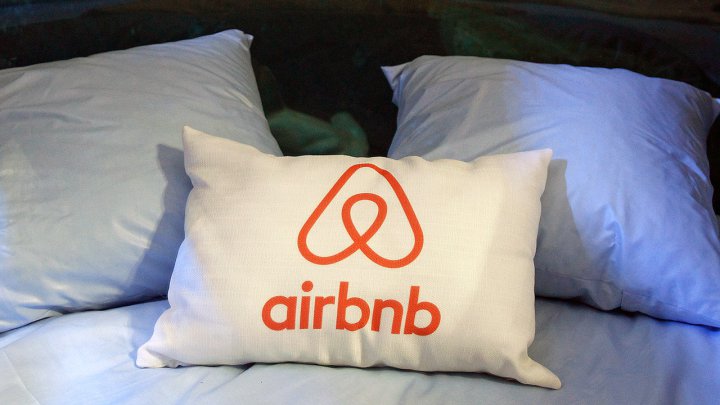
Due to the Article 4 of the Degree 50/2017 the Italian government has introduced a tax on the Vacation Rentals in order to re-organize the rental market and contain tax evasion; the new fiscal measure for the short term rental aims to collect money from the agency/web platform that takes the holiday booking, bringing this way justice in place.
To solve this problem the Italian Government has stated that the agency or web-portal directly withholds 21% of the payment on short term holiday rentals (Flat Tax – Cedolare secca), which must then be paid to the State (Sostituto d’imposta).
The measure enters into force Today 1st June 2017.
It is important to notice this is not a new law, rather a different (new) option to pay tax on the rental inferior to 30 days staying; previously, in fact, home owners were obliged to declare the income coming from their rentals and add it on top of their year income; in real, they generally did not declare the profits coming from their short term rental activity, making this segment of market extremely attractive in terms of return on the investment (ROI), but damaging the macro-economical and social balance of the property rental market.
The very city center of Milan, Florence, Rome, Venice or other famous touristic destinations became not affordable for the residents, who were “obliged” to move out of the city due to the high cost of the residential rental market.
The Hotel industry as well suffered an unfair competition, losing this way market shares and year turn-over.
The Revenue Agency was claiming the tax evasion.
Due to these reasons this new law should manage to re-balance the property rental market bringing transparency into a wild segment previously “unknown” to law.
It is not yet clear how this measure will work for the Bed&Breakfast, as their presence on the market belongs to the “organized and professional hotellerie“, so a sort of low-cost hotel; an intervention of the Revenue Agency is shortly expected to show up explaining this specific circumstance.
AirBnB
This shouldn’t be a difficult procedure for big agencies to take on board and will remove the burden from some property owners, who find it difficult to fill in tax returns. AirBnB already provides online payments from guest to host through its Security Payments System, which processes payment transactions 24 hours after check-in.
The American giant now has over three million listings, across 191 countries. Since arriving in Italy in 2012, they have grown significantly with Italy being one of their top ten destinations, offering over 150,000 listings across the country. As well as rooms in big cities, many listings provide accommodation to travelers who like to go off the beaten track.
Visitors to Italy are increasingly looking for new places to discover, where they can find the real Italy and have unique travel experiences. Some room rental guests are even searching for that piece of Italy they can call home, a place that’s so special they will want to share it with other guests in the future.
Good news for the Rent-to-Buy home buyers!
Being so regulated the vacation rental market sounds like a great opportunity for the property investor who are thinking to sustain their RtB investment with a professional property management.
Indeed the profit generated with the rentals for few weeks per year could finance the monthly rate putting the investor in a safe and comfortable area, having at the same time the chance to decide whether to recover some cost and also use the property or just support the investment letting it as a short-term rental.
The booking engines (i.e. Airbnb, Homeaway, Booking.com, ect) then would fix all the fiscal obligation on the host behalf.
